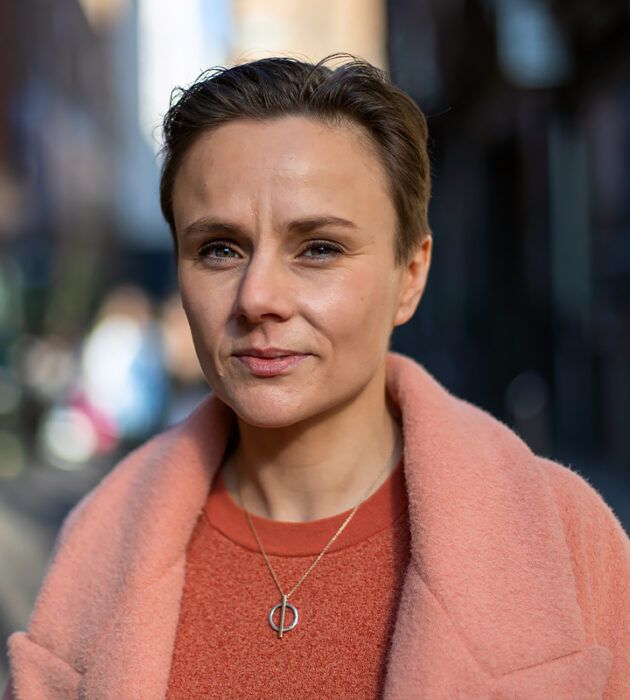
“Help us fight our corner”
In the diagnosis period and time after, it’s not just an information access problem… the problem is that the information is overwhelmingly dominated by the medical dimension. People are not getting equivalent attention to dealing with the emotional or social parts of their life.
Person who took part in our research
At Compassion in Dying we have a well-established information line, led by our nurse, Sarah. We achieve great outcomes and people repeatedly report that speaking to us helps them get treatment and care that reflects their values, priorities and wishes.
But last year we started wondering if we were helping everyone who contacted us in the way they needed.
We did some research to find out what information people wanted to help make sense of a life-changing diagnosis and make treatment and care decisions that are right for them. We found that:
- People needed support from someone who has been there themselves. We heard powerful, consistent reflections on the value of being supported by someone who has been through a similar experience.
- People needed help to navigate the health and care system. People faced significant challenges in knowing what support was available, how they can find out information and what their next steps were at any given time.
- People needed information and support on social, emotional and practical aspects of living with a life-changing or terminal illness. We were told that the information available was overwhelmingly medical and mostly ignored more holistic aspects people needed.
- People needed emotional and practical support during the periods spent waiting for appointments. There was a disconnect between the emotional distress people experienced while waiting for appointments in which they would be told about their diagnosis, prognosis and options, and the belief from healthcare professionals that these appointments happened as quickly as possible. People expressed that “waiting is the hardest bit”.
We heard pretty clearly that people wanted to speak to ‘someone who has been through it themselves’ who could ‘help us fight our corner’.
Peer support for people with a terminal or life-changing illness
So, that’s what we’re going to try and do — we’re running a three-year pilot to measure the impact of providing peer support through our information line. We want to offer people the opportunity to speak to someone who has also experienced a life-changing diagnosis, to walk side-by-side with them (on the phone) through part of their journey.
The value of peer support is well-evidenced. It can help people feel more knowledgeable, confident and happy, and less isolated and alone, and can lead to significant health and wellbeing benefits.
But despite this growing evidence, peer support for people nearing the end of life seems pretty untested (but I could be wrong on this and would love to hear from anyone doing something similar).
So this project is all about learning and understanding what helps people to have a better end-of-life experience, to make the decisions that are right for them and to feel in control.
What we hope to achieve
Well, we will be working hard to measure and evaluate the outcomes people experience after speaking to our ‘peer navigator’. We hope that as a result of accessing the service, people will:
- report increased resilience and improved strategies for coping with their health and care journey
- feel like they are not alone and therefore have better emotional wellbeing
- develop confidence to ask questions and gain a better understanding of what they need to know to be able to make decisions about their treatment options
- feel better equipped to communicate with their healthcare team
- feel better equipped to communicate with people close to them about their health and care
- have improved knowledge of local and national services that could benefit them
Help us find the right person
So watch this space and, as always, we will work out loud and share our learning as we go. First, we have to find the right person to join our passionate and friendly team. We are looking for someone to join our team who has personal experience of living with a long term or terminal illness and of having to make complex decisions about treatment and care. If you have the right experience, or can think of someone who might, we would love to hear from you.
Please share the job ad far and wide.
And if you’d like to talk to us about the project or get involved then get in touch.